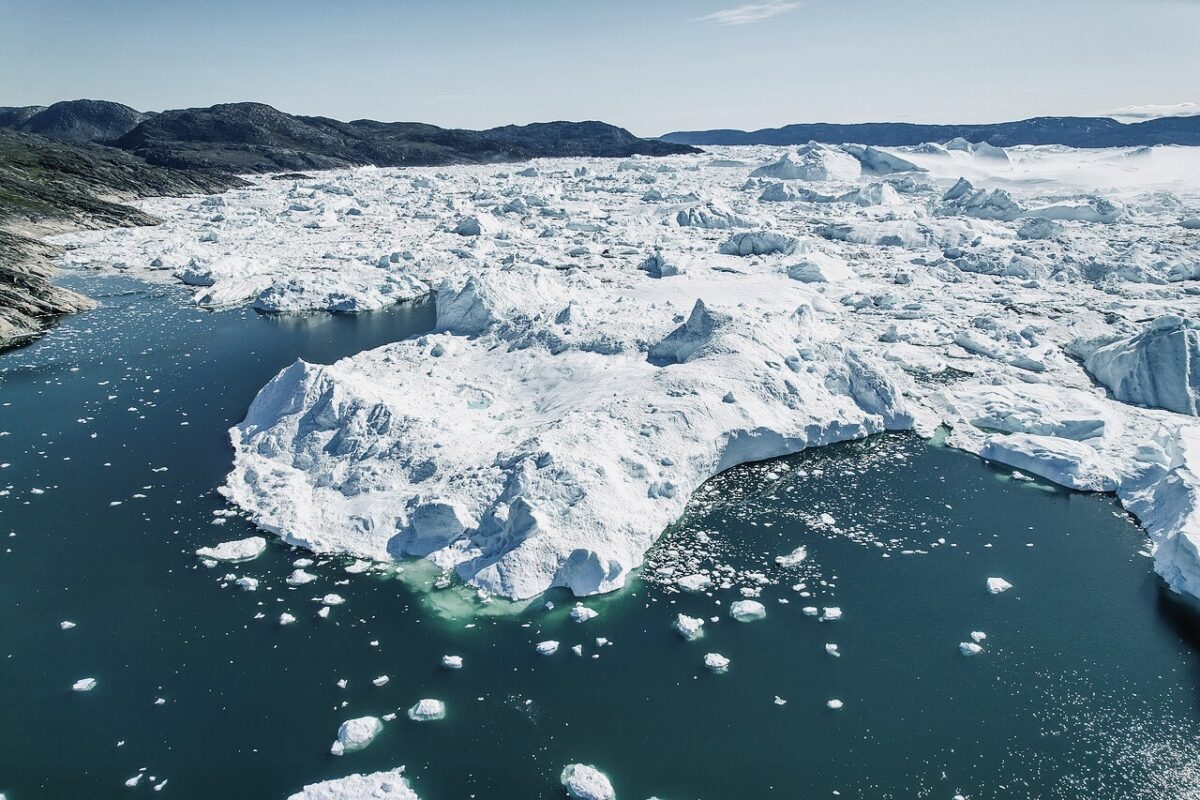Donald Trump, the U.S. president-elect, is still ten days away from his inauguration in Washington, D.C., yet he is already causing shock waves in foreign capitals.
In the past few weeks, he has unleashed a series of contentious comments strongly suggesting that he covets Canada, Greenland and the Panama Canal. In this respect, he sounds a lot like Russian President Vladimir Putin, who is animated by a burning desire to conquer Ukraine.
Astonishingly enough, Trump is totally serious, although some observers believe his bluster is merely a crass negotiating tactic to extract concessions from Canada, Denmark and Panama.
Trump’s foray into the realm of U.S. territorial expansion, particularly as it relates to Canada — the United States’ closest friend and most important trade partner — is a reckless and dangerous exercise in realpolitik and a stunning show of disrespect to its Canadian neighbor.
The last American president to embark on this imperialist route, William McKinley, went to war with Spain in the late 19th century over the fate of Cuba. The outcome of the Spanish-American War, a feather in the hat of American imperialists, enabled Cuba to break free of Spain’s colonial grip and emboldened the United States to seize the Spanish colonies of Puerto Rico, Guam and the Philippines.
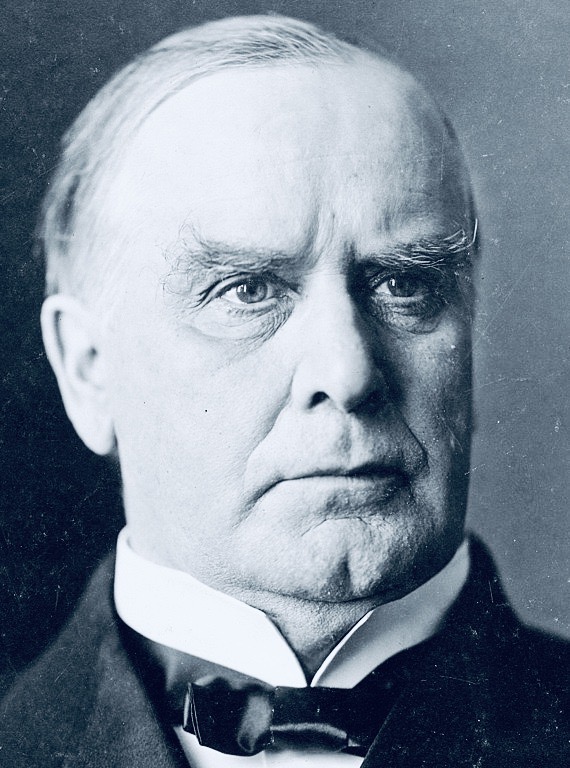
McKinley’s unilateralism was a factor in the abrupt ending of his short-lived presidency. In 1901, a Polish-American anarchist, inspired by the revolutionary Emma Goldman, fatally shot him at close range. McKinley thereby became the second American president after Abraham Lincoln to be assassinated.
Eerily enough, he was an advocate of high tariffs, just like Trump.
Trump, fuming over Canada’s lax border controls, has threatened to impose a devastating 25 percent tariff on Canadian exports. And since last month, he has been mocking Canada and Prime Minister Justin Trudeau, who recently announced he would step down from office after a Liberal Party leadership race set for later this year.
In line with his apparent interest in annexing Canada, Trump has snidely referred to Trudeau as “governor,” arrogantly described Canada as the “51st state,” and darkly threatened to use “economic force” to achieve his objective.
After Trudeau’s resignation speech a few days ago, Trump falsely claimed that “many people in Canada” would “love” to be absorbed by the United States. And in what seemed like a gesture of contempt, he posted maps on social media portraying Canada as a U.S. state.
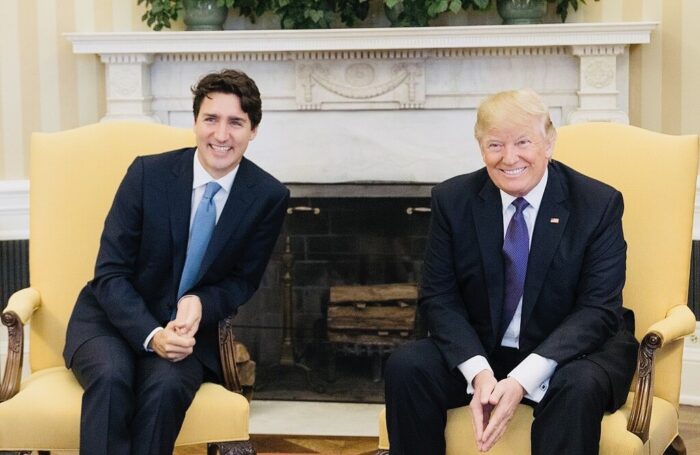
Trump is deluding himself, even if a minority of Canadians aspire to be Americans. But, as Trudeau curtly reminded him, Trump’s wish falls outside the realm of possibility. “There isn’t a snowball’s chance in hell that Canada would become part of the United States,” he wrote on X. “Workers and communities in both our countries benefit from being each other’s biggest trading and security partner.”
Trump should heed Trudeau’s message.
Canada is a sovereign country and has no intention of merging with the United States. As for his unfriendly plan to impose weighty tariffs on Canada, one can only hope that he drops this counter-productive idea, particularly in light of the fact that Canada has promised to beef up border patrols to meet Trump’s concerns.
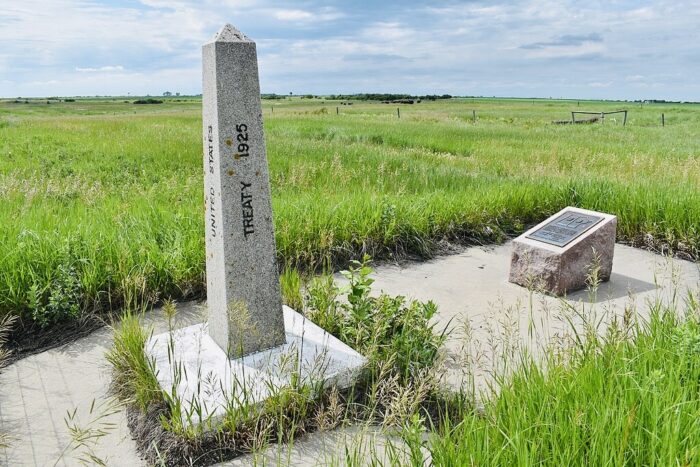
Before he proceeds with his threat to damage Canada’s economy, which is deeply intertwined with that of its southern neighbor, Trump should be aware that the Canadian government will assuredly retaliate by slapping tariffs on American goods bound for Canada. This will needlessly hurt American workers and consumers. It certainly will not make American “great again.”
In the meantime, Trump is pressuring Denmark to sell Greenland, its colonial possession and the world’s largest island, to the United States.
“For purposes of national security and freedom throughout the world, the United States of America feels that the ownership and control of Greenland is an absolute necessity,” he wrote last month after announcing his choice as the next U.S. ambassador to Denmark.
A snow-bound land mass of 2.1 million square kilometres, with a population of only 56,000, Greenland is rich in natural resources and is of strategic importance to Western powers.
During World War II, the United States, fearing a German invasion, occupied Greenland. The Thule air base from that period is still in operation.
Understandably enough, the Danish government has rejected the notion of selling Greenland to the United States. Being eager to acquire it, Trump has threatened to “tariff Denmark at a very high level” if it refuses to accede to his outlandish demand.
Trump’s bullying tactic is unlikely to work, since Denmark is absolutely adamant about keeping Greenland. Obviously, Trump needs to be reminded that Greenland cannot be compared to Alaska, which the United States bought from Russia in 1867 for the grand sum of $ 7.2 million.
Logically, Trump has no rational reason to purchase Greenland. It is a given that Denmark, a NATO ally, will allow the United States to retain its military facilities on the island.
The Panama canal, which has connected the Caribbean Sea to the Pacific Ocean since its completion in 1914, looms as a more complex problem.
The United States built the canal at an enormous financial and human cost and controlled it until 1977. In 1999, Panama assumed full control of it under an agreement signed during the presidency of Jimmy Carter.
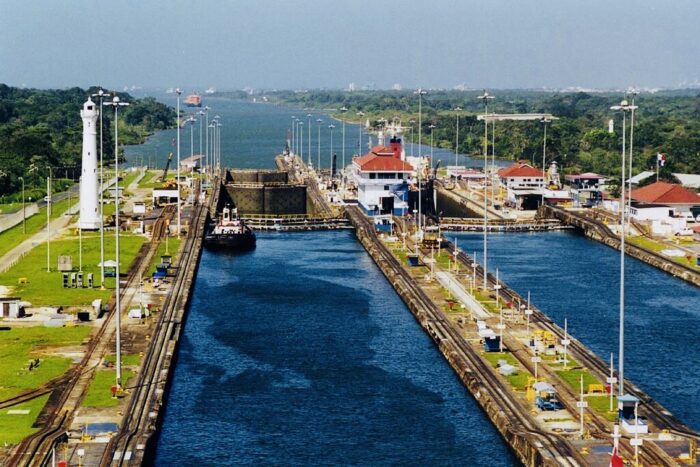
In justifying his claim to the canal, Trump argues that its transit fees are exorbitant. Whether he is right or wrong is debatable. But clearly, the U.S. has no right to take over the canal, as the Panamanian foreign minister, Javier Martínez-Acha, has correctly pointed out. “The sovereignty of our canal is non-negotiable and is part of our history of struggle and an irreversible conquest. Let it be clear: The canal belongs to the Panamanians and it will continue to be that way.”
German Chancellor Olaf Scholz agrees. As he said the other day, the principle of the inviolability of borders is applicable to every country, whether “very small … or very powerful …” The French foreign minister, Jean-Noël Barrot, delivered an identical message, saying that the United States should not threaten another country’s “sovereign borders.”
Trump should listen to this sage advice. He surely does not want to be seen as the proverbial Ugly American.
